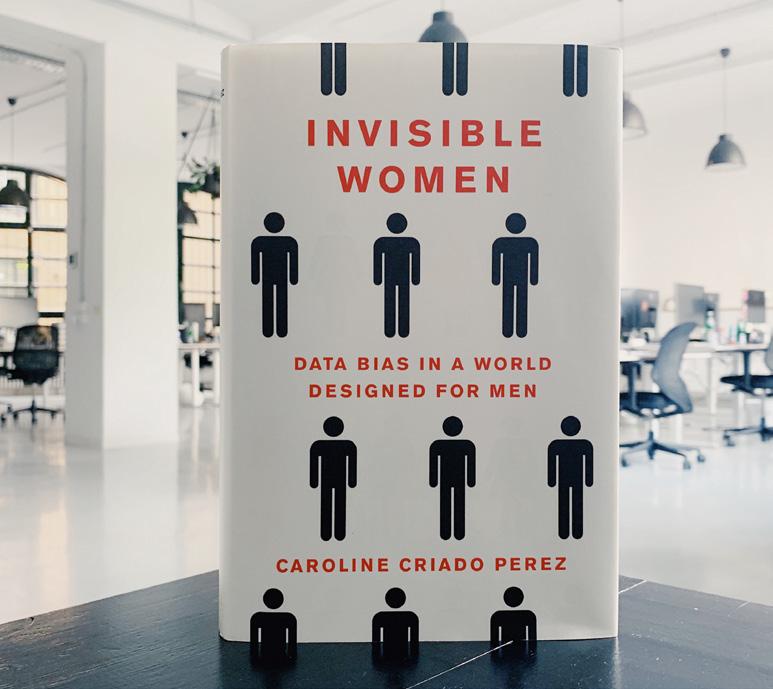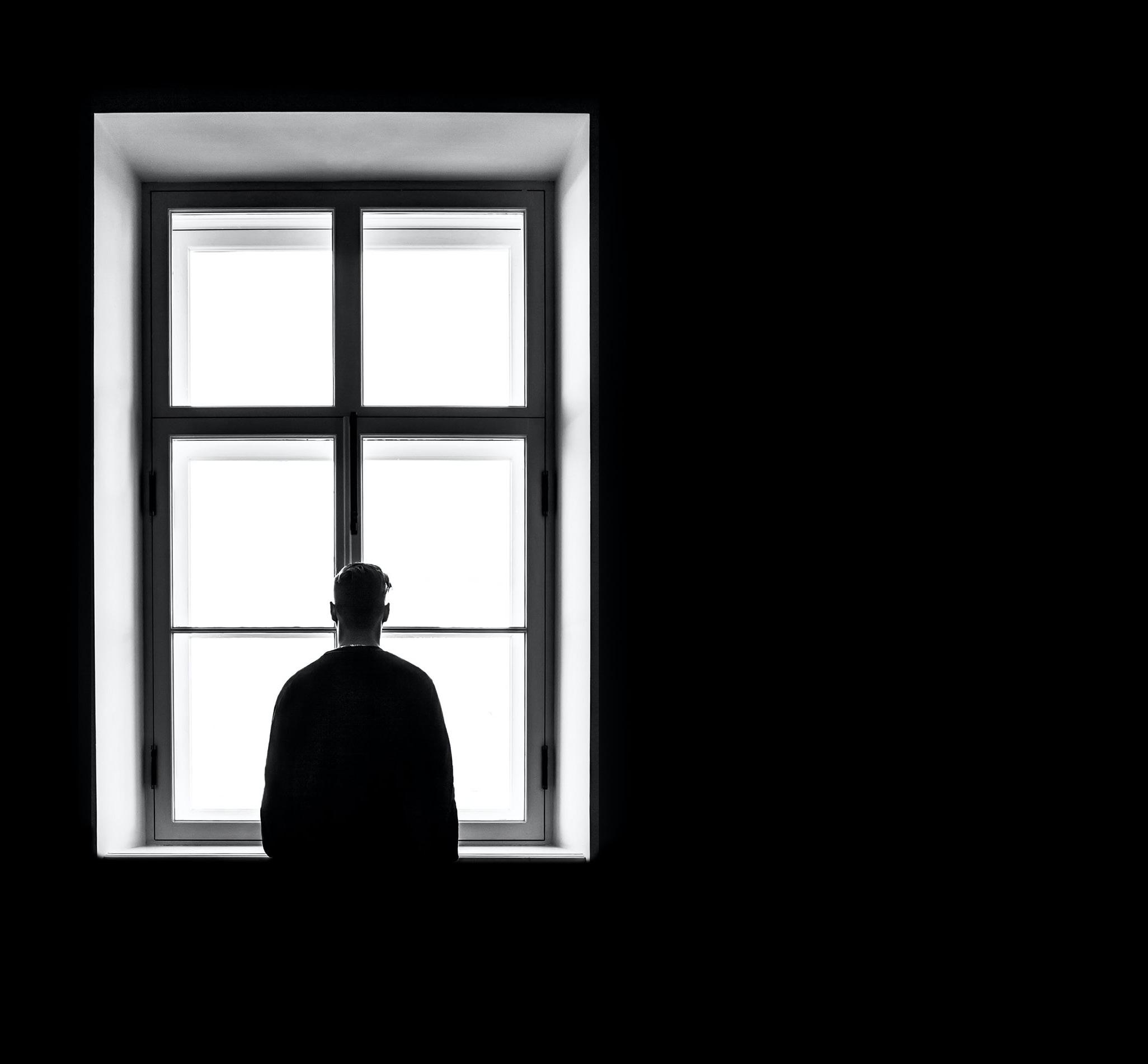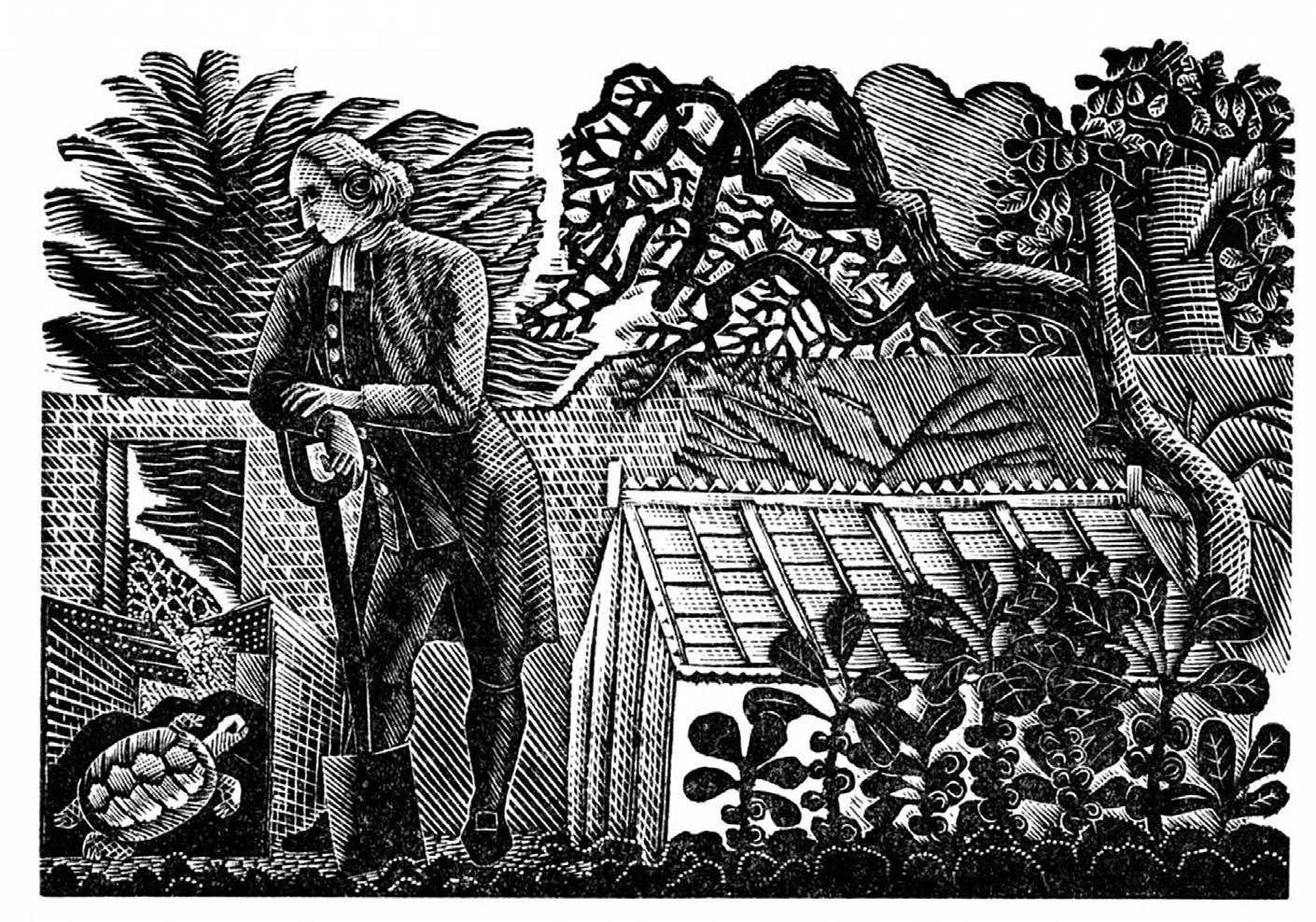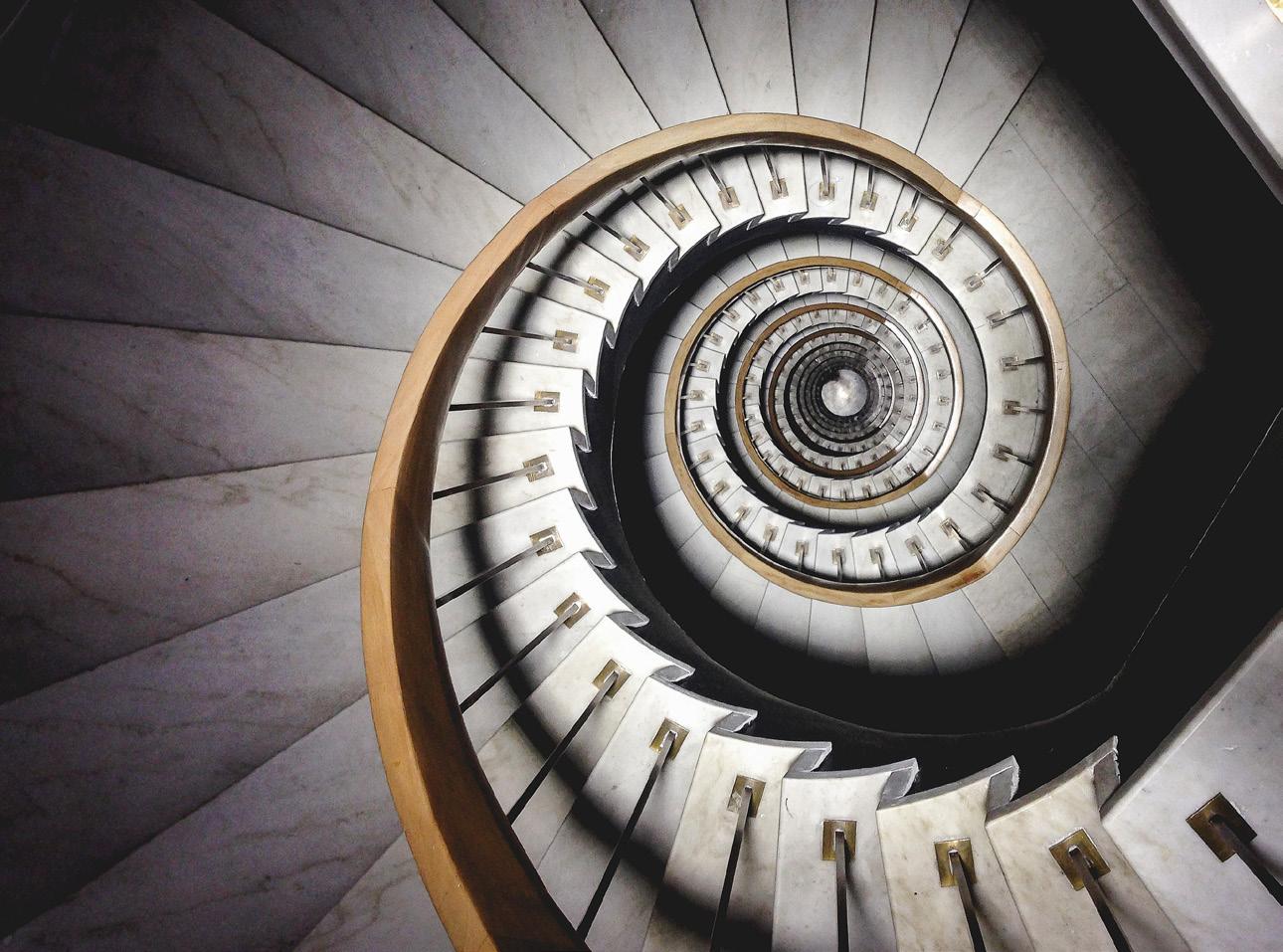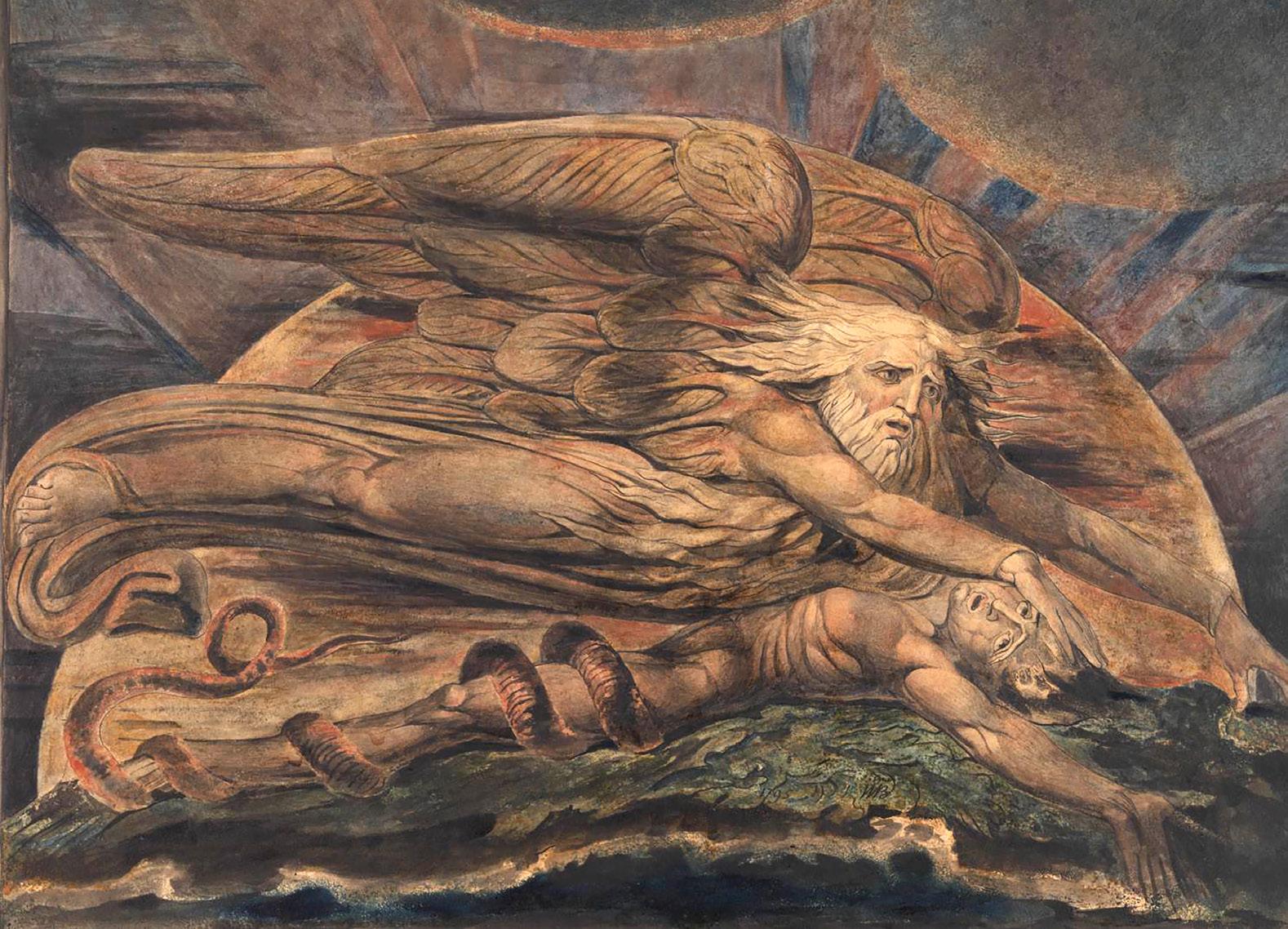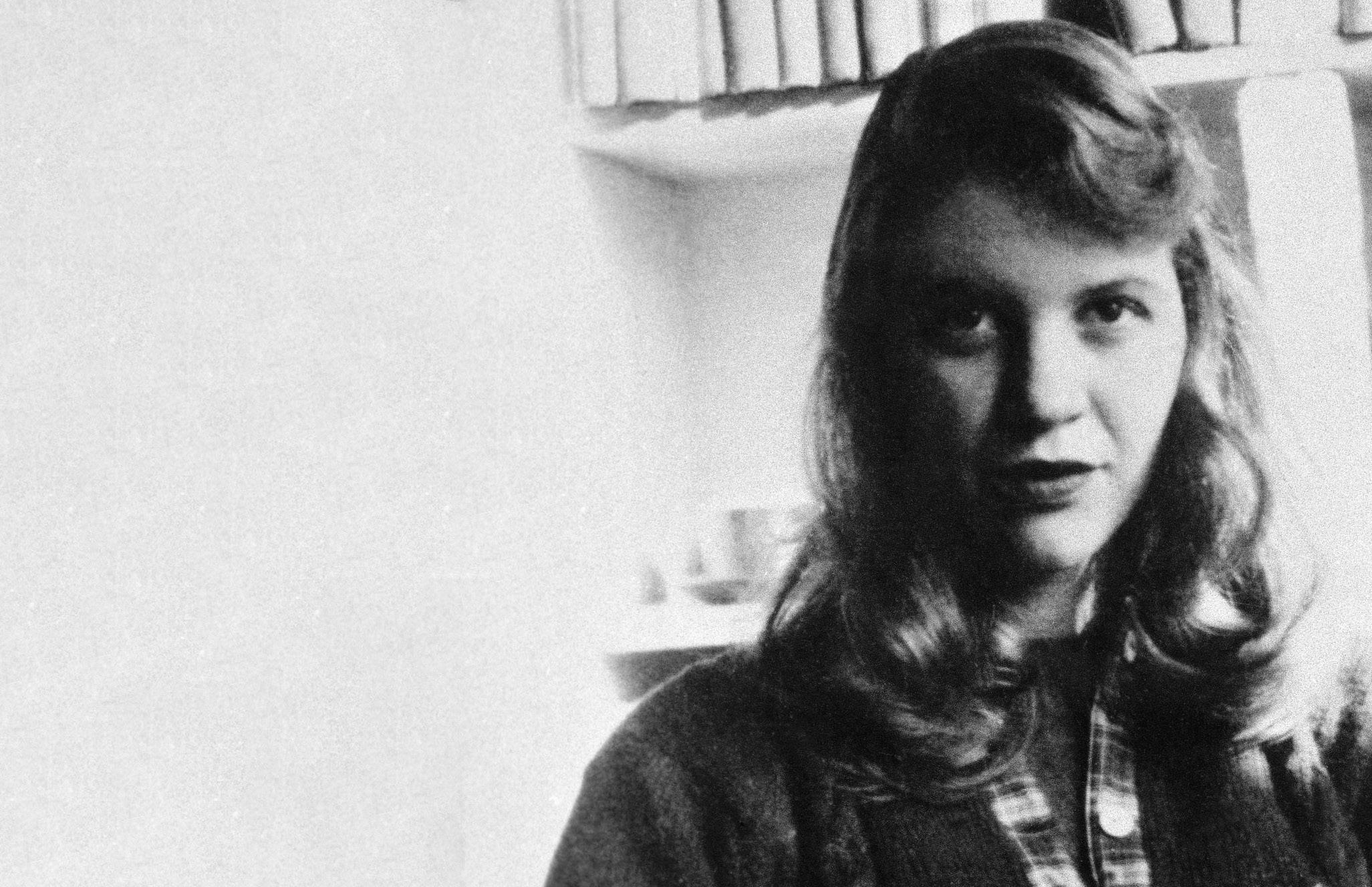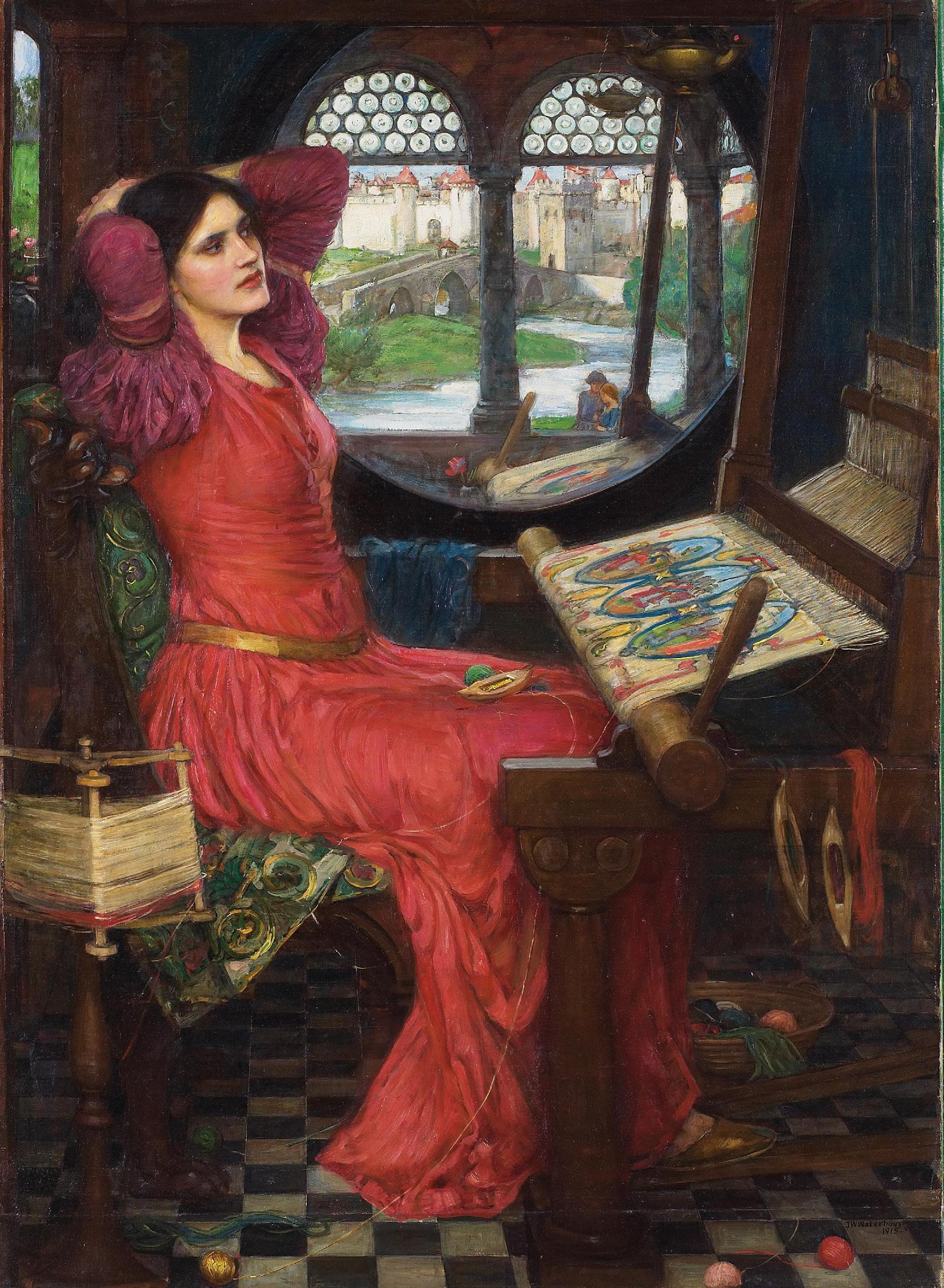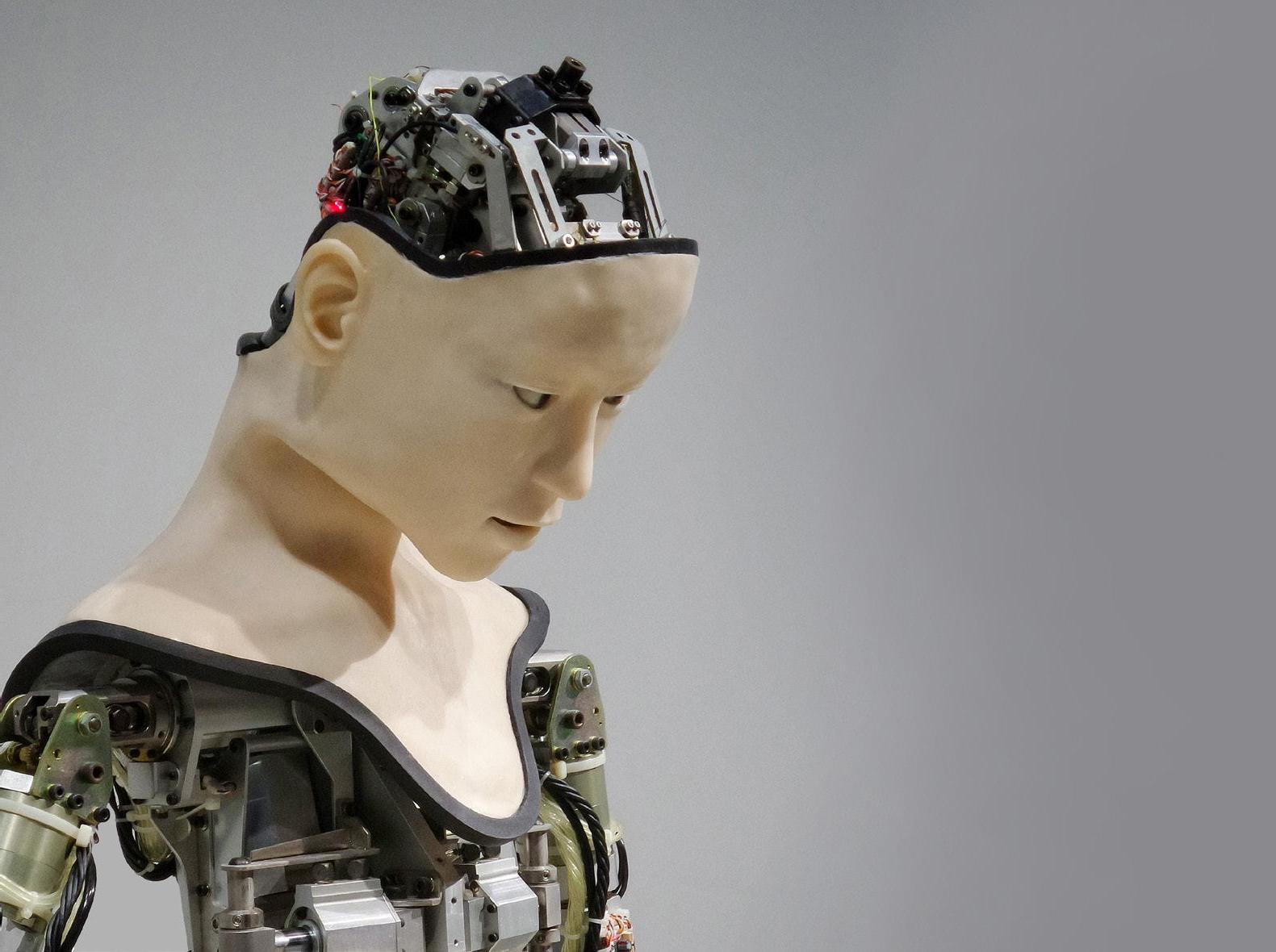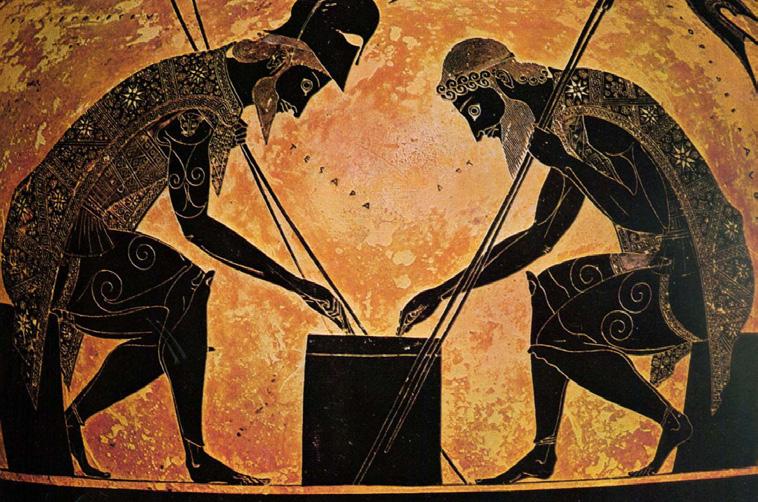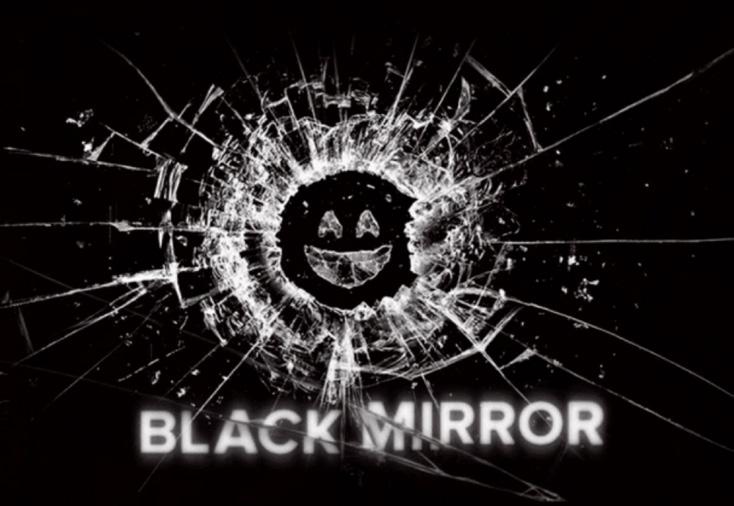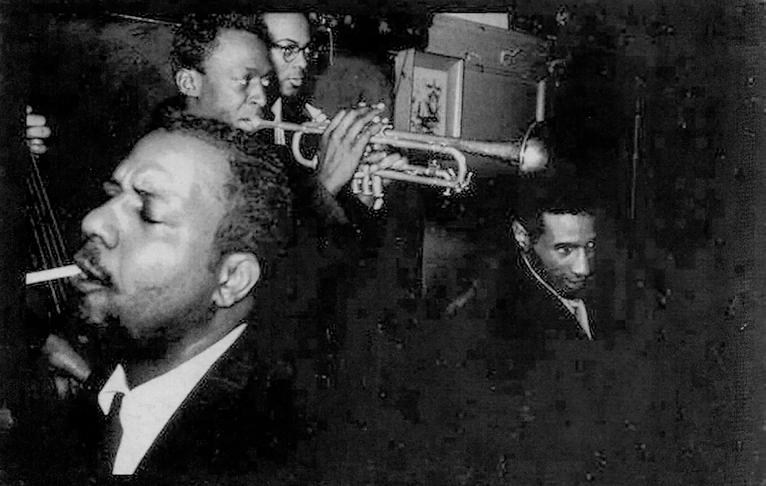Robot (by Franck V)
The Mirror of Narcissus?
AI AND HUMAN
IDENTITY Lottie Allen YE AR 13
T
he Information Age or Digital Age, involving a new complexity in the relationship between media and technology, began in the 1970s and still continues today, as more than 4.5 billion people currently use the internet. Do the benefits of technology outweigh the disadvantages? What impact do technology and media have on society? Should technological advances be limited? Undoubtedly, there are many benefits to this relationship between technology and media; from improvements in education to business, medicine and entertainment, technology has transformed our society. Whilst most of us have prospered from this increased efficiency and connectivity, we must be aware that unhindered access could have negative as well as positive impact on the individual and on society. As Albert Einstein warned, ‘I fear the day that technology will surpass our human interaction’. To what extent, has technology already become a negative force within society and if so, how can we amend our experience towards positivity? Postmodernism, as Dominic Strinati argues involves a breakdown in the distinction between culture and society, which has resulted in technology governing and shaping our social relationships; our perception of the social environment is informed by mediated cultural representations, examples of
28
P O RT S M O U T H P O I N T. B LO G S P OT.CO M
which may include celebrity culture and the trends which they begin within society. Furthermore, he argues that technology has contributed to our vision of style over substance; in other words, we consume images rather than seeking meaning (whether through relationships or philosophical texts). In addition, he argues that there has grown a distinction between high art and popular culture. Similarly, Canadian political philosopher Charles Taylor considers populist modern art to be inferior to high art which considers both manner and matter; Taylor argues that art should be meaningful to inspire reflection and wonder. Strinati explains that we now experience confusion across time and space; we are less attached to and in touch with the natural world. Finally, there has been a decline of grand theories, resulting in the undermining of the hierarchical order of society and fragmenting of our human experience. Therefore, according to Strinati and Taylor, we can consider technology as a negative force in our lives, contributing to the narrowing of our lives, a loss of resonance and of meaningful interactions. Philosopher Jean Baudrillard questions the very nature of media; is it possible that the media is nothing more than a smoke screen, a clever means by which reality is subverted? Is it possible that the media is nothing? Baudrillard argues that we have entered a hyperreality - postmodern societies have




